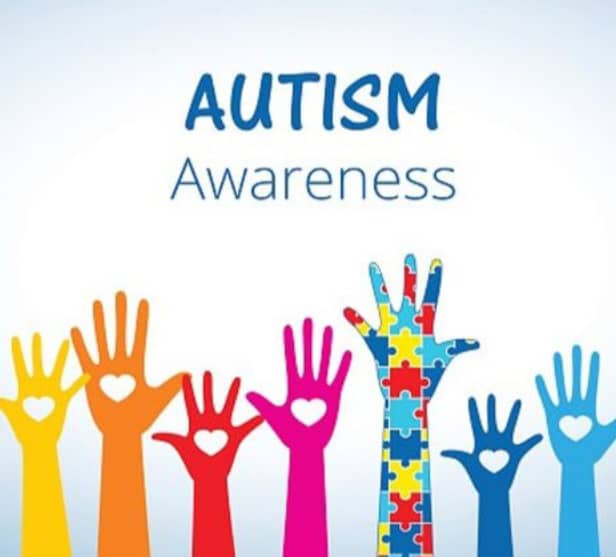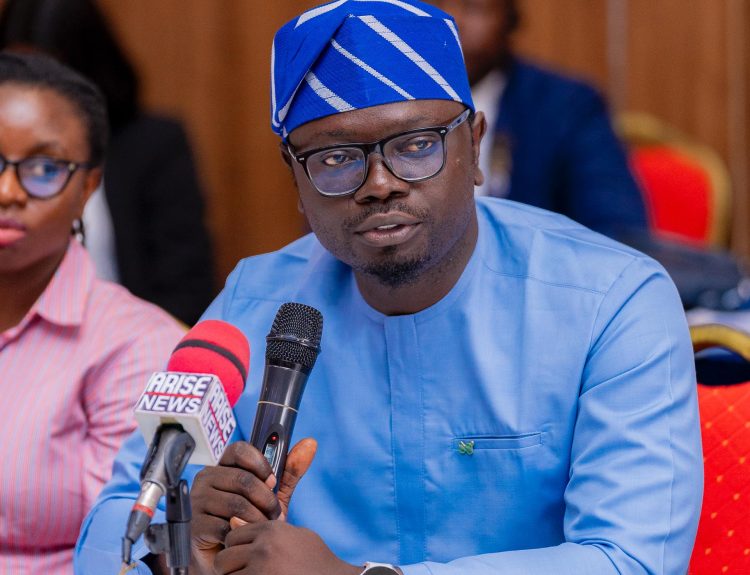The President of the National Society for Autism-Nigeria (NASAN), Mrs Ronke Katagum, has said that several myths surrounding autism continue to persist in Nigeria, largely due to cultural beliefs and misinformation.
She made the statement during an interview on Friday in Abuja.
Autism Spectrum Disorder (ASD) is a neurodevelopmental condition characterised by repetitive, restricted, and inflexible patterns of behaviour, interests, and activities, as well as difficulties in social interaction and communication.
According to Katagum, numerous false beliefs about autism have made it difficult for many to accept the disorder.
“Some believe that autism is caused by witchcraft or spiritual attacks.
She added that others wrongly assume autism is the result of poor parenting or neglect.
Katagum also highlighted another damaging myth—that children with autism are incapable of learning or achieving meaningful goals—which discourages investment in education and therapy for those affected.
“Another myth is that autism is contagious. Though this stems from ignorance, it causes some people to avoid interacting with individuals on the spectrum out of fear of ‘catching’ it,” she said.
The NASAN president emphasised that dismantling these myths through education and community engagement is crucial to reducing stigma and improving outcomes for individuals with autism.
Katagum called on the government, corporate bodies, and society at large to play active roles in addressing autism-related challenges.
She urged the government to develop policies that would protect the rights of people with autism and ensure equal access to education, healthcare, and employment.
“Funds should be allocated for autism research and early detection programmes.
She also stressed the need to invest in training healthcare workers, teachers, and therapists to deliver quality care and education to individuals with autism.
Regarding the role of corporate organisations, Katagum encouraged inclusive hiring practices that recognise the unique skills of individuals with autism.
She also suggested that Corporate Social Responsibility (CSR) funds could be directed towards autism-focused projects, such as early intervention centres or scholarships for affected families.
Speaking on the responsibility of society, she emphasised the importance of fostering a culture of inclusion and respect.
“We must treat individuals with autism with dignity, support community-based initiatives that provide peer support, and engage volunteers to assist in schools, therapy centres, and advocacy organisations,” she said.
Katagum further advocated for stronger policies and increased funding for autism-related services at the local, state, and national levels.














